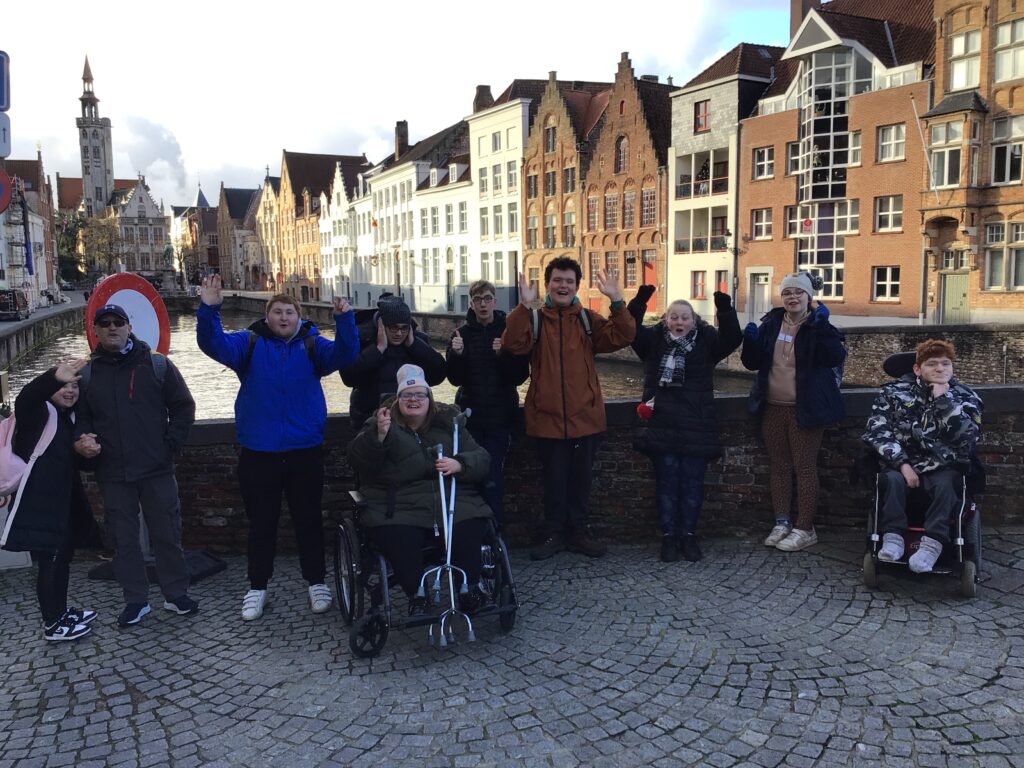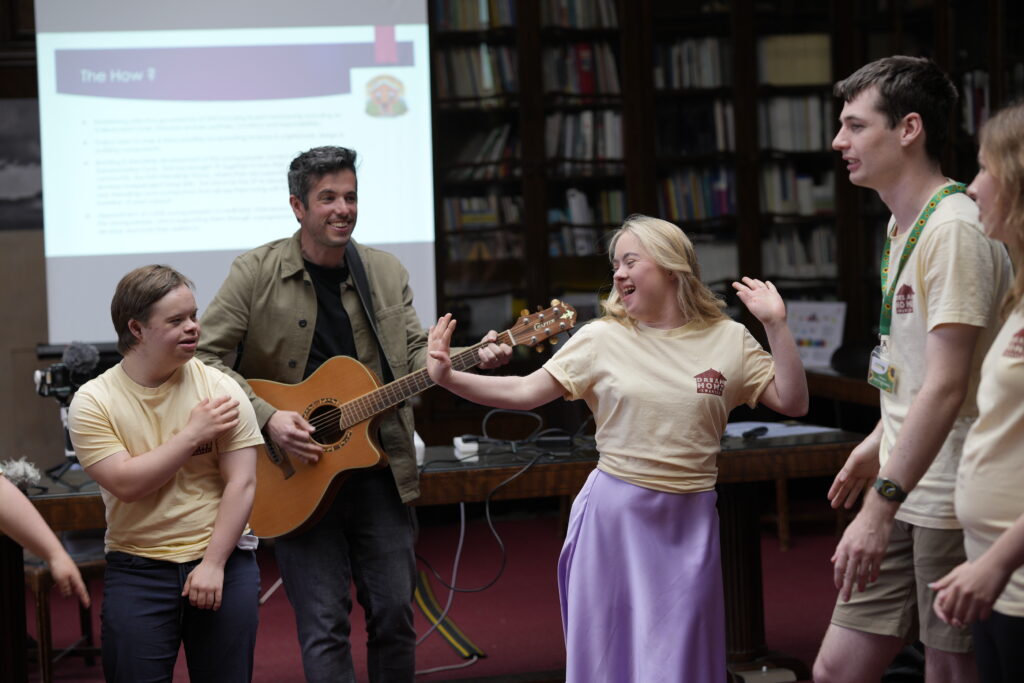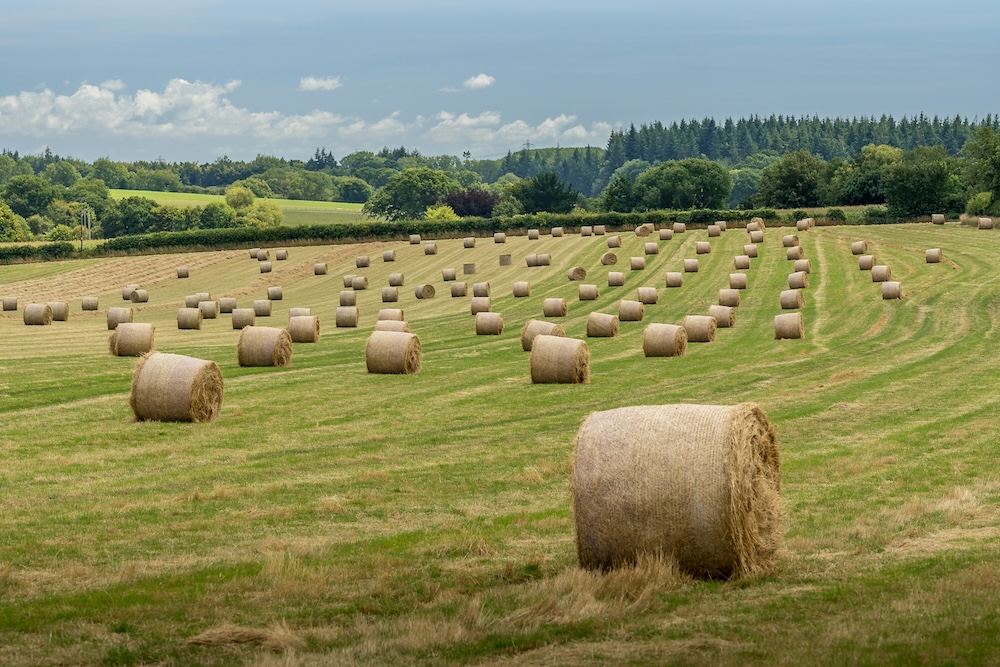Dan Roberts explains why Welsh organisations are collecting stories of the pandemic and how it helps us plan for the post-Covid future.
To find out more about this tool and our partnership, you can attend our virtual public event at 10am, 2 March, 2021.
The pandemic has impacted our lives in ways that would have been unimaginable this time last year.
The restrictions have affected all of us differently; from how we interact with our communities, to our relationships with friends and family, to how we work.
Understanding the impact of these changes will require us to listen to each other and hear the different experiences and challenges we have gone through.
This is why the Wales Co-operative Centre, along with the Institute of Welsh Affairs and eight other organisations, launched a new initiative called the Live Learning Partnership to gather these stories using the online storytelling tool Sensemaker®.
Our starting point is that the society we rebuild following this crisis must be better and fairer than the one we had before 2020. We need to prioritise wellbeing, resilience and sustainability in a way we didn’t before.
This will require a new way of measuring our economy, and using new types of evidence to develop policy.
“In order to create an economy that prioritises wellbeing, we will need to capture qualitative data in a way that values personal experience.”
In order to create an economy that prioritises wellbeing, we will need to capture qualitative data in a way that values personal experience, rather than relying on quantitative measures of our economy.
This type of data is still important, but personal stories can give us insights into questions we would not have thought to ask. Sensemaker, and the cross-sector nature of the Live Learning Partnership, is a huge opportunity for us to do this.
From the stories we have collected so far, we have already found fascinating insights into the way people across Wales have experienced the pandemic.
We are very grateful to researchers from the London School of Economics, who have conducted preliminary analysis of the stories we have collected.
Discussions and debates that drive Wales forward.
Join Wales’ leading independent think tank.
They used “sentiment analysis” to explore how the words and language used in stories had changed over time, across different lockdowns and stages of restrictions, and some patterns have started to emerge.
They found that over time, as more restrictions were being introduced to deal with the rise in cases in the Autumn of 2020, there was a shift towards more negative language than had been used previously, and much higher levels of sadness.

Alongside this, Sensemaker has allowed us to dig deeper into these issues.
There has been a shift in the responses we have collected so far from people marking their experiences as proactive to reactive, and better described as adapting to the circumstances rather than novel innovation.
“The research so far suggests there is an appetite for change.”
Crucially, respondents so far have stated that they expect the post-Covid world to be different to the one that came before, but aspired for change to be even more radical than that.
Understanding why these shifts have happened is crucial to ensuring that our responses to future crises, whether related to Covid-19 or not, don’t exacerbate negative effects on wellbeing.
We must also ask what the consequences of a shift in mood towards fear and negativity are for our communities, and how we can bring hope and resilience back to our collective spirit.
The research so far suggests there is an appetite for change, and we need to ensure lived experience and citizen voice is paramount to how this change is managed.
This is data that could not have been captured without listening to people’s stories. But in order to make the most of this tool, we need to hear from you.
After looking at the richness of the data we have collected so far, we believe now more than ever that the Live Learning Partnership has the potential to make a significant impact and lead to more effective policy that prioritises our wellbeing.
All articles published on the welsh agenda are subject to IWA’s disclaimer.
To find out more about this tool and our partnership, you can attend our virtual public event at 10am, 2 March, 2021.
You can also contribute your own story in English or in Welsh.





